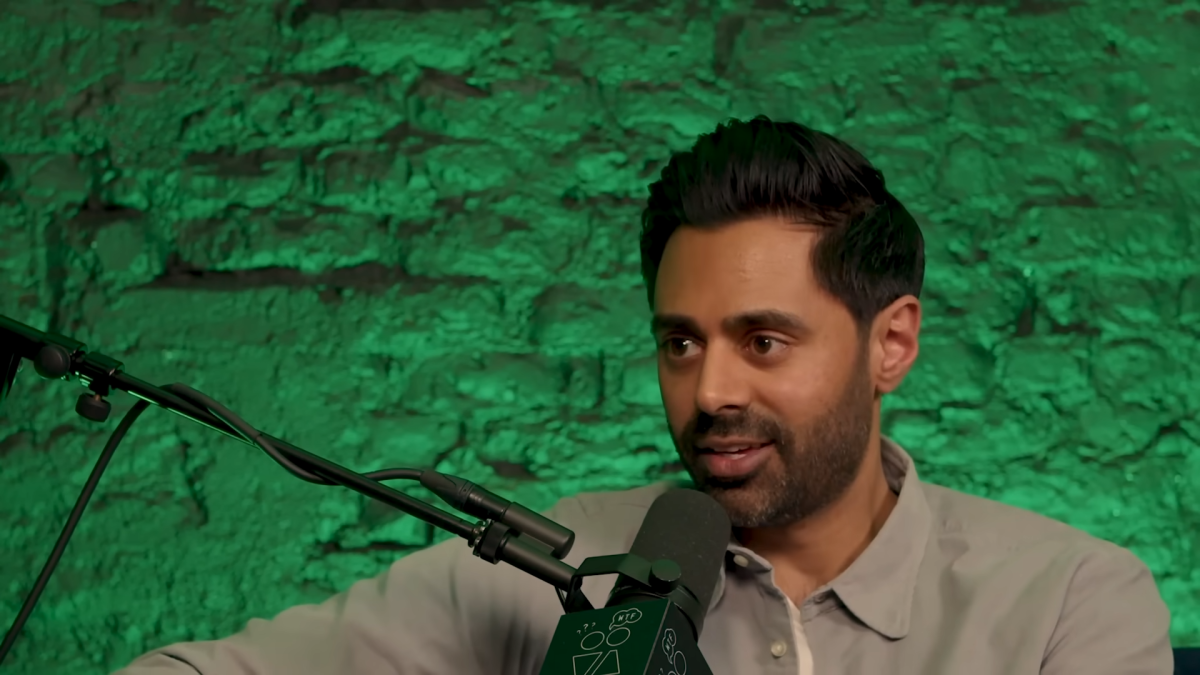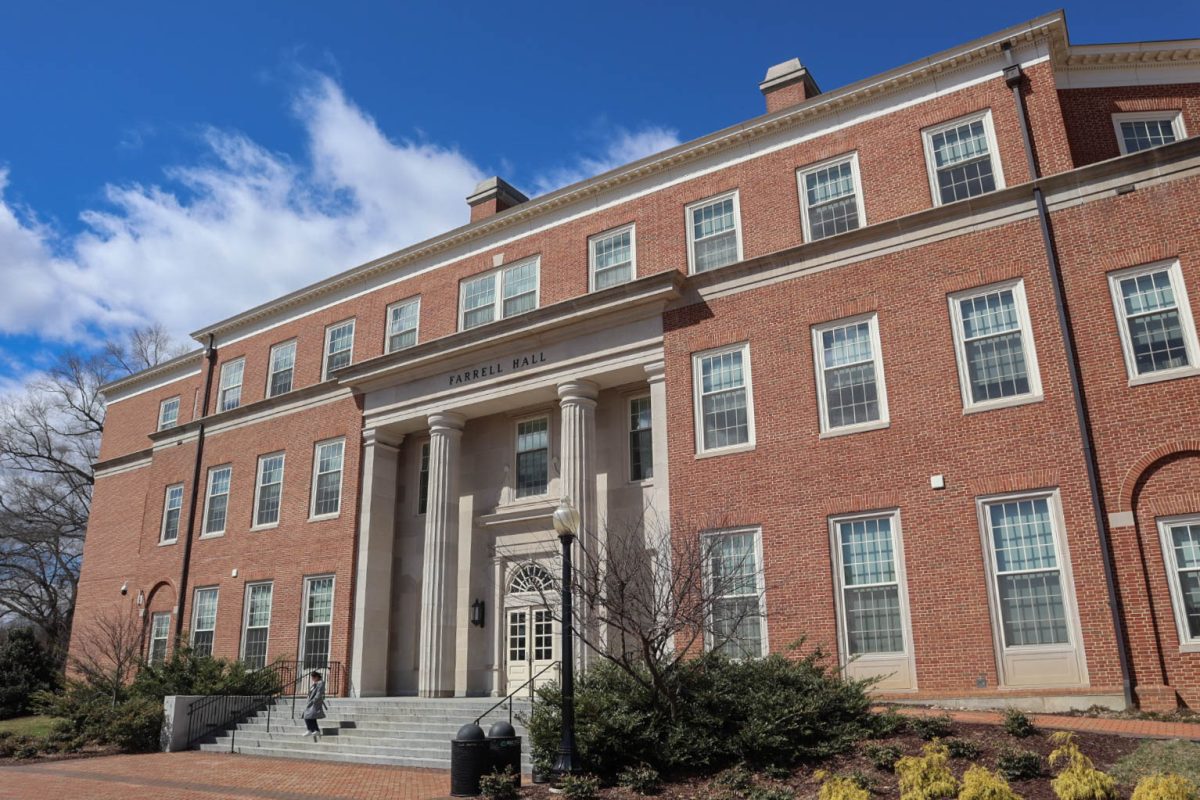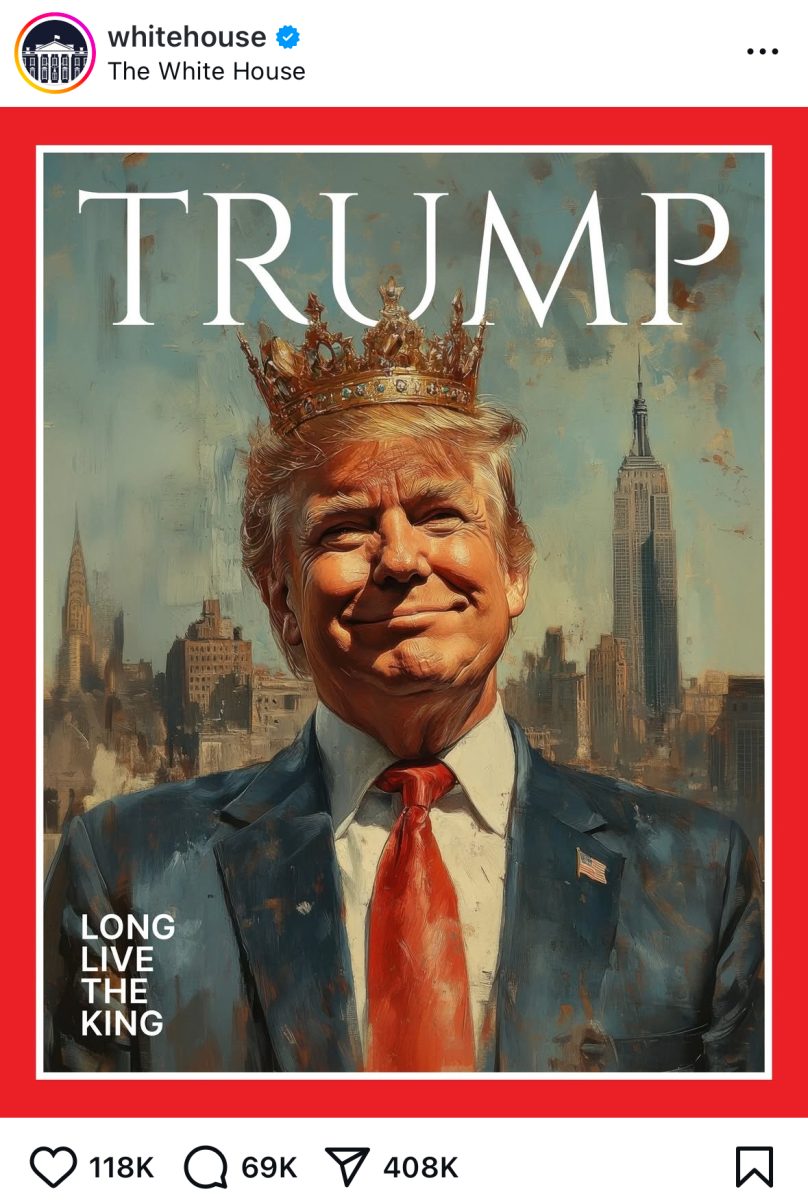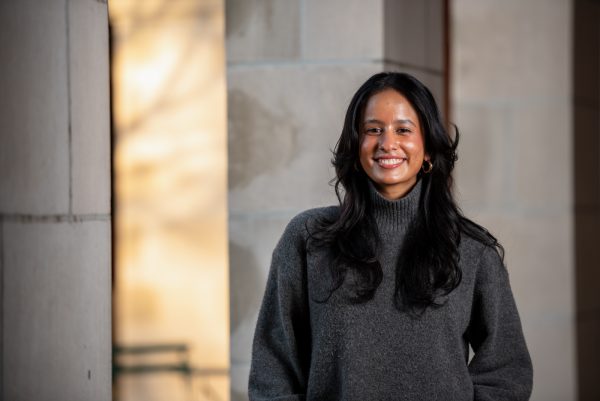This morning, I read Clare Malone’s article in the New Yorker: “Hasan Minhaj’s ‘Emotional Truths.’” In the article, she exposes the popular comedian and former host of “The Daily Show” for hyperbolizing many critical aspects of the stories he has told in his specials, specifically traumatizing ones about racial discrimination he and his family have experienced.
I came across the story because my older brother texted me, “Did you see the whole ‘emotional truth’ thing about hasan minhaj?”
He told me to read the article and let him know what I thought. Our texts were an honest exchange of fear and sadness that could not be constrained to little blue bubbles on our phones that would be forgotten when the next “scandal” rolls around.
Because the fact is, this isn’t just a scandal. Unfortunately, I believe that Minhaj, while his intent may have been pure, is currently playing a role in helping the United States take steps backward in the fight against racism.
We rarely see brown people in popular media. We rarely hear their stories. We rarely talk about their stories. Now, thanks to his fabrications, we will barely believe their stories.
Minhaj’s Methods
To argue in support of his actions, Minhaj introduces the idea of the “emotional truth” to Malone.
“Every story in my style is built around a seed of truth,” Minhaj said. “My comedy Arnold Palmer is 70% emotional truth — this happened — and then 30% hyperbole, exaggeration, fiction.”
Essentially, Minhaj believes that these inaccuracies were justified because of the point he was trying to convey, which was usually in line with supporting people of color.
“The punchline is worth the fictionalized premise,” Minhaj told Malone.
These are lines you don’t cross. Telling audiences that your infant daughter was exposed to white powder in an envelope and rushed to the hospital in fear of it being anthrax is not a “punchline.”
Minhaj admitted to Malone that while he had received a letter that contained white powder, his daughter was not exposed to it, nor was she rushed to the hospital. His family was unharmed. I can’t imagine how difficult it would’ve been for him to receive that letter in the first place, but it doesn’t make amplifying the story for emotional impact moral, or even sane.
While tailoring his reputation and stories around being a Muslim Indian in the U.S. post-9/11, early on in his career, Minhaj aligned himself with a traumatized cross-section of this country after the terrorist attack –– an experience I could never claim to understand.
But, in an attempt to use empathy to gain the support of his listeners, Minhaj was foregoing the trust they had in him, and in turn, the trust they had in the stories of people of color.
I will acknowledge that I take most of the stories I hear from my favorite comedians with a grain of salt. While I think Malone was a bit too worried about whether Minhaj’s viewers felt cheated by his lies, what I’m concerned about is the impact this has on Muslim and Indian communities around the country.
It’s already so difficult for these communities to speak out against possible discrimination, but it will be 10 times harder since one of the only Muslim Indians that represented them lied –– and is being rightfully called out for it.
The Importance of Representation
When Minhaj joked about what it was like pursuing comedy with Indian parents, it was obvious his content stemmed from popular Indian stereotypes — which was funny, but it was also empowering.
Minhaj’s incredible storytelling abilities magnified the households he was able to reach. He not only weaved his American culture with his Muslim Indian side, but he also “made it” in an unforgiving industry while bearing this identity on his chest — helping to create a new “normal.
As a 20-year-old woman of Indian descent, this type of representation has always meant a lot to me. I humbly shout out “Lemonade Mouth,” the 2011 Disney Channel original movie (or should I say masterpiece) where Naomi Scott, who is of Indian descent, plays Mo –– the coolest girl in school.
While it seems childish, watching this movie is the only memory I have of growing up where I saw myself in a character I looked up to. Until recently, Indian actors in Hollywood, women especially, were either never the main character, or if they were, had personalities that made it impossible for audiences to like them. And on the off-chance that neither of the above is true, the fact that the character was Indian was so intrinsically a part of the plot that you couldn’t separate their race from who they were as a person.
But it’s true, Minhaj allowed me to see someone who looked like me on screen in the latter half of my childhood. He was witty, charismatic and his fame was only building with each passing day.
Hard Realities
My problem with the hyperbole of his stories isn’t that the message is incorrect. Rather, it’s that with the release of this truth, people may feel like accounts of racism shared by Muslims and Indians are contestable.
“Our stories dealing with racism are always first met with doubt,” my brother texted me. “So this doesn’t help at all.”
Attending a predominantly white institution like Wake Forest University comes with its challenges. I have seen women speak out about racism on this campus and be met with harsh judgment. The stark racial imbalance is acknowledged and yet every day I see reasons why Wake Forest is stuck in place.
While I’ve always been averse to sharing my experiences with racism on campus, Minhaj’s fight against racial discrimination was inspiring. But learning that his most powerful stories were not entirely true only increases the likelihood that important discussions about race will not occur on campuses like this one.
Why ‘Emotional Truths’ Aren’t Good Enough
I appreciate that Minhaj had positive intentions. He wanted to make people understand the depth of what he felt. In many cases, the only way to do that was to make it sound worse than it was –– in other words, “emotional truths.”
“The emotional truth is first. The factual truth is secondary,” Minhaj said to Malone about his stage shows.
What I don’t think Minhaj realizes is that these two are not mutually exclusive — especially not when you’re the son of immigrants.
If Minhaj wants this “emotional truth” to be impactful for his audiences, he has to base it on “factual truth.” Otherwise, the emotions associated with his stories will fall away quickly, and all that will be left are feelings of anger and doubt — and maybe a revival of fear.
Minhaj used to stand with the kids who felt like they weren’t seen because of the color of their skin. Today, he is unintentionally standing in the way of their path toward building awareness and self-belief. That is what I believe makes the fabrication wrong –– not some comedian rulebook.
If he stays on this path, Minhaj’s quest for “emotional truth” will only turn around and hurt the community he is trying to lift, starting with himself.











